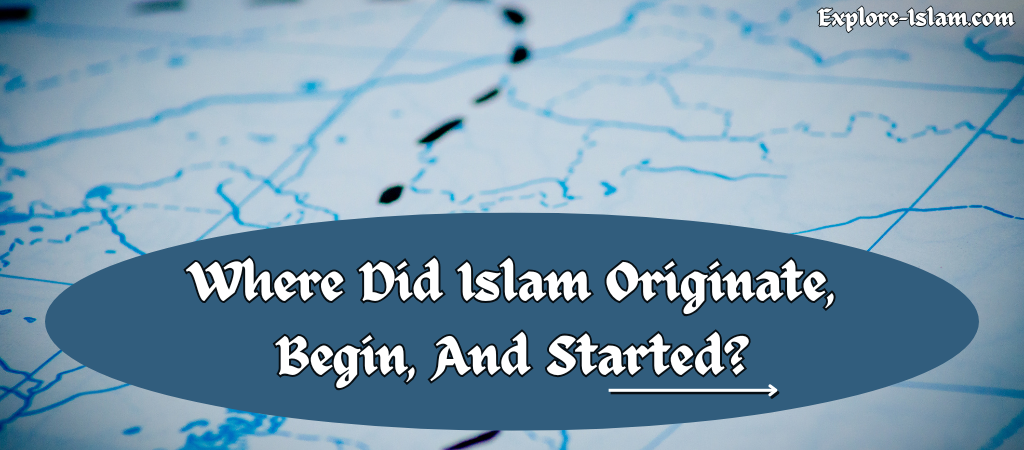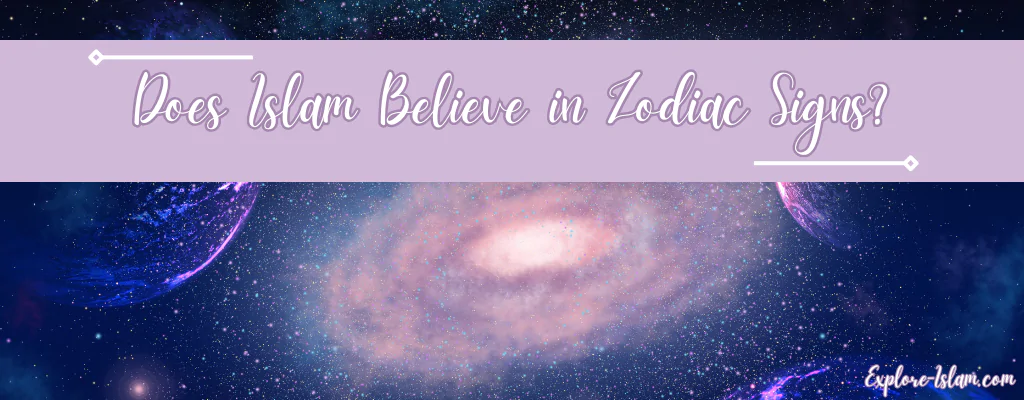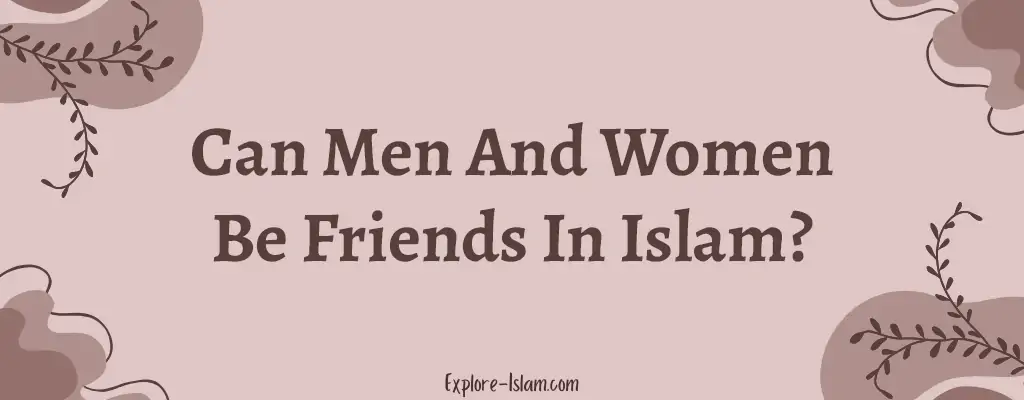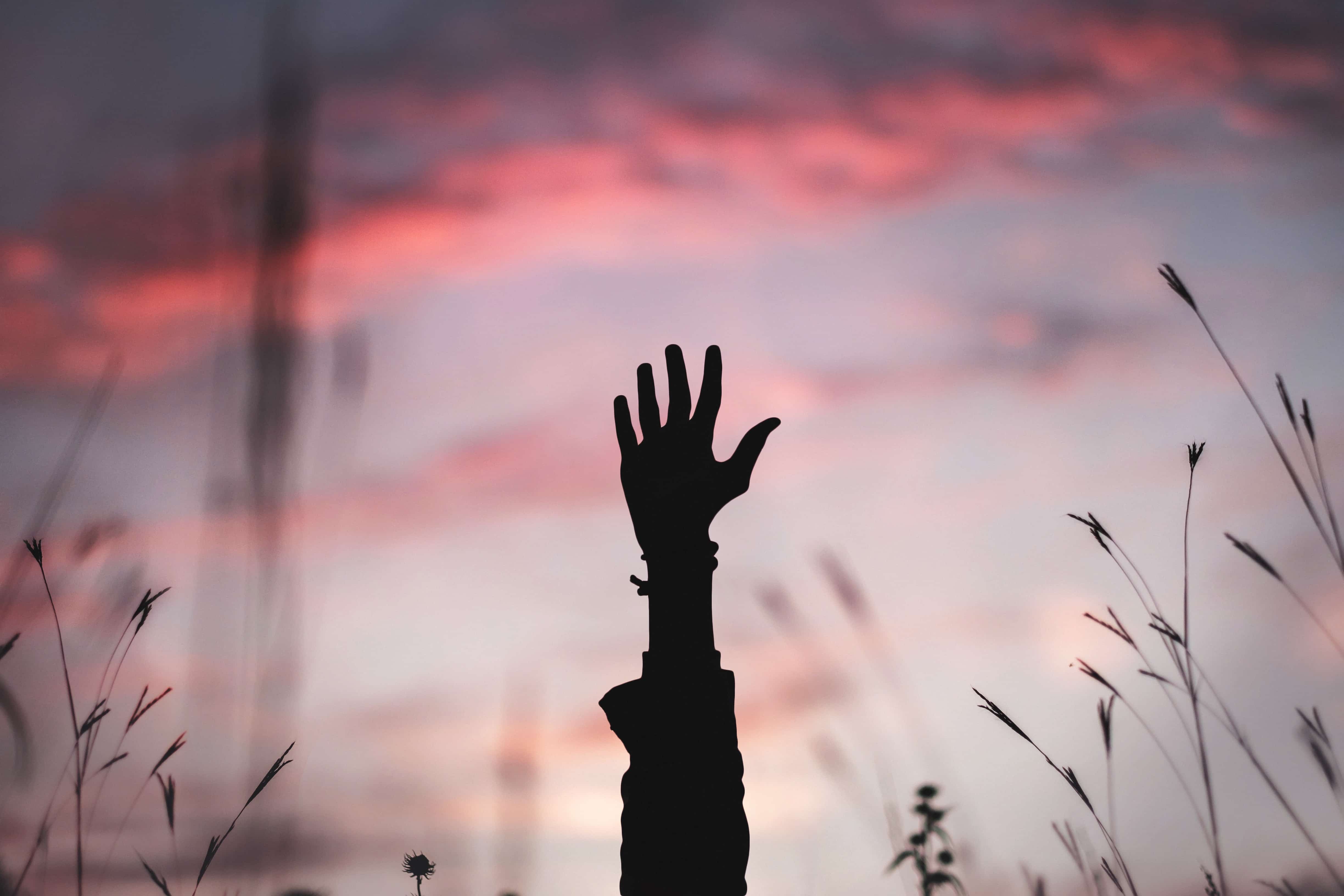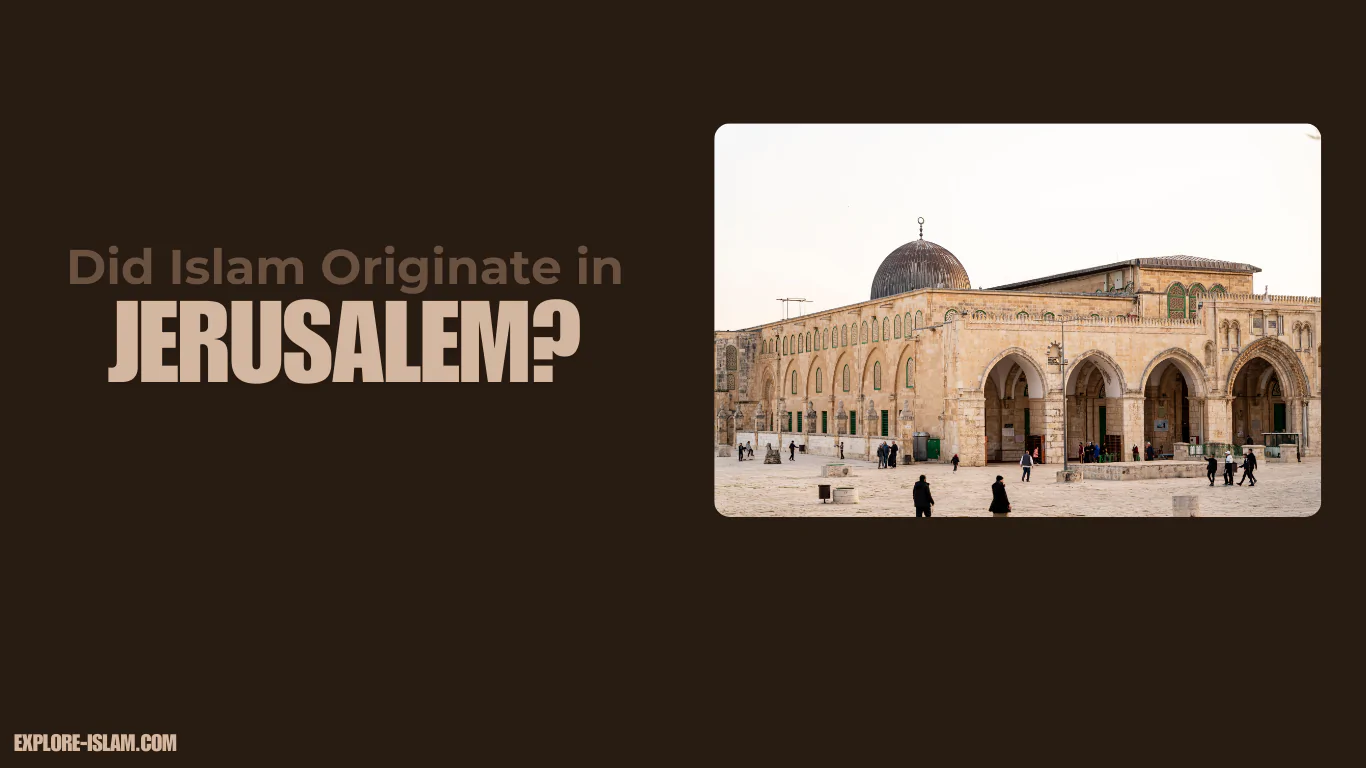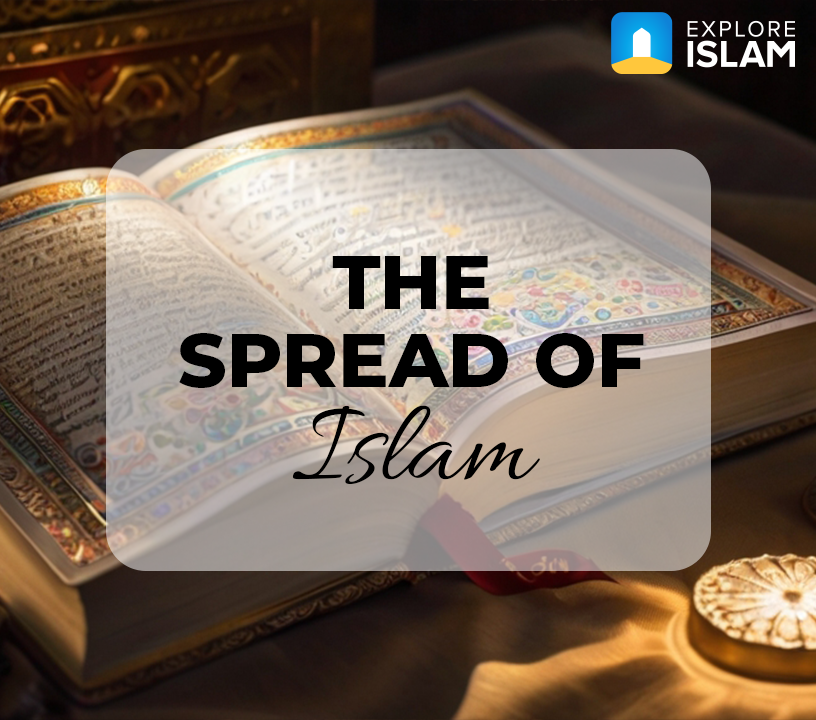It can be surprising to learn that some non-Muslims believe that Muslims worship the moon. This misconception likely arises from the crescent symbol often seen on top of mosques, a tradition that has no foundation in Islamic teachings and has inadvertently led to this misunderstanding.
In Islam, however, worship is dedicated solely to Allah, the Creator of the universe, including the sun and the moon. The Quran and the teachings of Prophet Muhammad (PBUH) explicitly forbid worshipping the moon, emphasizing pure monotheism. This article aims to clarify the Islamic perspective on the moon, highlighting its significance and the role it plays in Islamic teachings.
Why Do Muslims Observe the Moon?
Muslims observe the moon for several significant reasons, deeply rooted in Islamic teachings and traditions. Here are the main reasons why the moon holds importance in Islam:
1. Counting Years & Start of Each Lunar Month
In Islamic teachings and according to the Quran, the crescent moon is essential for guiding direction and calculating years. The Quran highlights the significance of the moon’s phases in tracking time:
“It is He [Almighty God] who made the sun a shining light and the moon a derived light and determined for it phases – that you may know the number of years and account [of time].” [Quran 10:5]
The lunar calendar, which consists of 12 months, is used by Muslims to mark important dates and events throughout the year.
More:
2. Knowing When to Fast
The sighting of the crescent moon is crucial for determining the beginning and end of Ramadan, the holy month of fasting. Prophet Muhammad (PBUH) instructed Muslims to begin fasting when the crescent moon of Ramadan appears and to stop fasting when the crescent moon of the following month, Shawwal, is sighted:
“Fast when you see it and stop fasting when you see it, and if it is obscured from you (too cloudy), then count it as thirty (days).” [Sunan an-Nasa’i]
3. Acknowledging Islamic Rites and Worship
Muslims rely on the lunar calendar to know when to start their religious rites, including fasting, pilgrimage, and festivals, as acts of worship to please Allah, the One Creator of the Heavens and Earth. The sighting of the new crescent marks the beginning of each new month, helping Muslims align their worship with the lunar cycle.
Allah Almighty clearly states the role of the moon in the Quran saying:
“They ask you ˹O Prophet˺ about the phases of the moon. Say, “They are a means for people to determine time and pilgrimage.” [2:189]
In summary, Muslims consider the lunar calendar for tracking time, starting and ending the fasts during Ramadan, and performing religious rites. Observing the moon is an integral part of maintaining the spiritual and temporal rhythms of Islamic life.
What does Allah say about the moon in the Quran?
Allah Almighty mentions the word “moon” (qamar) 26 times and its equivalent “ahillah” one time in the Quran, Allah’s last Book to His Prophet Muhammad (PBUH). Also, the moon is used in the Quran in various contexts. Here, we will highlight a group of these verses that Allah tells us about the moon:
1. The Moon’s Dimness on the Day of Judgment
This verse is part of the descriptions of the Day of Judgment, indicating the cosmic disturbances that will occur, including the dimming of the moon’s light. Allah Almighty says:
وَخَسَفَ ٱلْقَمَرُ
“And the moon is dimmed.” [Quran 75:8]
2. The Splitting of the Moon as a Miracle
The Meccan pagans challenged the Prophet Muhammad (PBUH) to split the moon in two if he wanted them to believe in him. The moon was split and then rejoined, as reported by several eyewitnesses, but the pagans still refused to believe, calling this miracle “sheer magic.”
ٱقْتَرَبَتِ ٱلسَّاعَةُ وَٱنشَقَّ ٱلْقَمَرُ
“The Hour has drawn near and the moon was split in two.”* [Quran 54:1]
3. The Precise Measure of the Sun and Moon
The following verse highlights the precision with which Allah has created the natural order, including the phases of the moon.
وَٱلشَّمْسَ وَٱلْقَمَرَ حُسْبَانًۭاۚ
“He made the night for rest and the sun and moon for calculation. That is the determination of the Exalted in Might, the Knowing.”* [Quran 6:96]
4. The Moon’s Phases as one of Allah’s Signs
The following verses emphasize the precise cycles of the moon reflecting Allah’s unparallel Capability:
وَٱلْقَمَرَ قَدَّرْنَـٰهُ مَنَازِلَ حَتَّىٰ عَادَ كَٱلْعُرْجُونِ ٱلْقَدِيمِ
“As for the moon, We have ordained ˹precise˺ phases for it, until it ends up looking like an old, curved palm stalk. It is not for the sun to catch up with the moon, nor does the night outstrip the day, but each is in an orbit swimming.”* [Quran 36:39-40]
The moon completes a cycle every month (waxing and waning), while the sun takes a whole year to complete its cycle (resulting in the spring, summer, fall, and winter seasons).
5. The Moon as a Created Entity
Here, Prophet Abraham uses the moon to demonstrate to his people the invalidity of worshiping the moon, as it is not eternal and cannot be a deity.
فَلَمَّا رَءَا ٱلْقَمَرَ بَازِغًۭا قَالَ هَـٰذَا رَبِّى
“Then when he saw the moon rising, he said, ‘This one is my Lord!’ But when it disappeared, he said, ‘If my Lord does not guide me, I will certainly be one of the misguided people.'” [Quran 6:77]
6. The Moon’s Role in Timekeeping
This verse describes the moon’s phases, highlighting the precision with which Allah has created the natural order.
وَقَدَّرَهُۥ مَنَازِلَ لِتَعْلَمُوا۟ عَدَدَ ٱلسِّنِينَ وَٱلْحِسَابَۚ
“And determined for it [moon] phases – that you may know the number of years and account [of time].” [Quran 10:5]
Thus, these verses collectively illustrate the moon’s significance in Islamic cosmology, its role in marking time, and its place as a sign of Allah’s creative power.
Do Muslims Pray Towards the Moon?
Muslims do not and cannot worship the moon or pray towards it, neither now nor in the past. Here’s a detailed explanation to address this common misconception:
Muslims Don’t Worship the Moon
Islam strictly prohibits the worship of the moon or any celestial bodies. The Quran explicitly instructs Muslims to worship Allah alone, who is the Creator of the sun, moon, and everything in the universe:
“Do not prostrate to the sun or to the moon, but prostrate to Allah, who created them.” [Quran 41:37]
Belief in Pure Monotheism (Tawhid) is the foundation of Islam. If a Muslim were to believe that the moon could harm or benefit anyone, it would be considered an act of infidelity, as it contradicts the core Islamic principle of monotheism.
Muslims Don’t Wear Crescents as Religious Symbols
There is a widespread misconception among non-Muslims that Muslims wear the crescent symbol, similar to how Christians wear the cross and Jews wear the Star of David. This is not accurate. In reality, wearing amulets or any kind of religious symbols is forbidden in Islam. The Quran and Hadith do not endorse wearing crescent-shaped jewelry as a religious practice.
Occasionally, crescent-shaped jewelry might be found among Muslims, but it generally symbolizes cultural or festive joy, such as during Ramadan, and not religious adherence. Depictions of Muslims wearing crescent necklaces in TV shows or movies are not representative of Islamic traditions or practices.
Thus, Muslims pray towards the Kaaba in Mecca, not towards the moon. Any association with it is purely cultural, not religious. This understanding helps clarify the core monotheistic beliefs that define Islam.
Conclusion: Do Muslims Worship the Moon?
In conclusion, the notion that Muslims worship the moon is a misunderstanding. Islamic teachings make it clear that worship is reserved for Allah alone. The moon, like other creations in the universe, is seen as a sign of Allah’s power and a tool for timekeeping, especially in the Islamic lunar calendar. Muslims are strictly prohibited from worshipping the moon or any other creation. Understanding these distinctions helps dispel myths and provides a clearer picture of Islamic monotheism and the significance of the moon within this framework. Curious to know more about the core of Islam and how to be a Muslim?! Start a conversation with our team right now!


